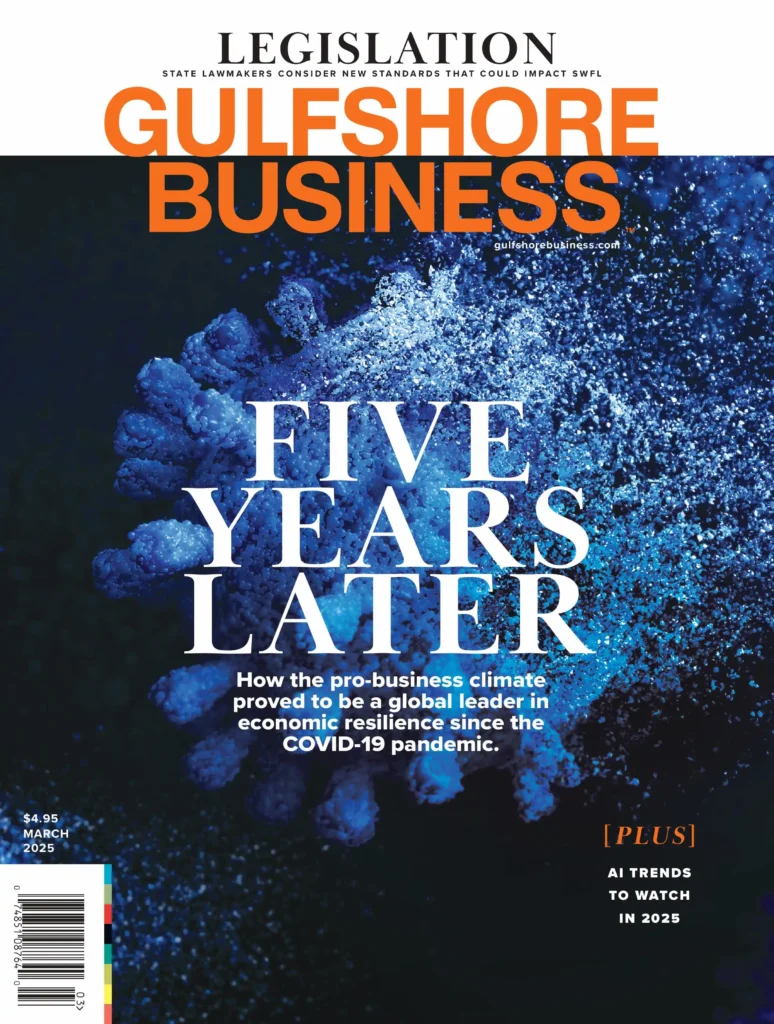Naples City Council approved a more than $220 million budget by a 6-1 vote Wednesday for the 2023-24 fiscal year and adopted by a 5-2 vote a millage rate increase from 1.15 to 1.17.
One mill is equal to $1 for every $1,000 of a property’s appraised value. With the new rate, if a home in Naples is appraised for $1 million, the property owner will owe $1,170 in property taxes this upcoming year.
The millage rate will be the highest in the city since 2020 when the rate was 1.18. The city’s total taxable value has increased 12% in the past year to $34.9 billion, which will bring in a total of $40.9 million from property taxes.
Inflation on goods and services and salary increase are some of the factors that contributed to the increase. Naples Deputy City Manager and Chief Financial Officer Gary Young also listed water quality, street maintenance and affordable housing as necessities the new millage rate will help offset.
Across all funds, the city spent about $15 million on Hurricane Ian recovery, an amount expected to increase to more than $30 million once the Naples Pier is restored. The use of the city’s disaster fund also factored into the upcoming millage rate increase. Similarly, residents saw a rate increase from 1.15 to 1.18 in 2018 following Hurricane Irma.
As the city continues to fill staff openings while promising raises to all employees, it plans to spend 9% more on personnel services, a $5 million increase compared to the current fiscal year. There will be 14 additional budgeted positions in the upcoming year, 3.5 of which will rely on the millage portion of the budget.
The city’s general fund will be just less than $55 million with 60% going toward public safety measures, such as police, fire and code enforcement. In addition, $11.9 million of the general fund will be allocated for parks, recreation and facilities, ensuring more than 80% of the fund will be invested in public safety and quality of life efforts in the city.
“If there’s nothing else that you can leave here and be proud of, it is our job to provide public service and to improve the quality of life of the residents,” Young said. “And this budget reflects those priorities that you put forward.”
Vice Mayor Michael McCabe was in favor of the millage increase.
“We’re trying to make sure that this city that everyone knows and loves stays the city that everyone knows and loves,” McCabe said. “We have to increase our costs.”
He said it is important to replenish the disaster fund.
“When we have a natural disaster, we need to make sure that we have the money to respond to it. And when we have the money to respond to it, we can have the cleanup that we had here [after Hurricane Ian], and then we can take the tax rate back down,” McCabe said. “We’re not talking about a massive tax increase. We are talking about $20 a year on a million-dollar appraised piece of property.”
Speaking against the rate increase, council member Ted Blankenship said the budget covers some unrealistic bases. He mentioned how the budget doesn’t account for reimbursements from the Federal Emergency Management Agency that the city is still waiting on or why employment is budgeted at 100%, when the city usually has vacancies.
“I’m confident if we turn back this proposed millage rate, the city will be fine. We’ll find cost savings,” Blankenship said.
Council member Ray Christman pointed to Blankenship supporting the Gulf Shore Boulevard planning study earlier in the week at a workshop, which will cost upwards of $300,000.
“What I don’t see is the kind of self-restraint that [Blankenship] talked about a moment ago on his part, and I don’t see the ideas coming forward as to where we can cut back if he doesn’t want to generate the revenue that he’s talking about,” Christman said.
Infrastructure improvements have become a major priority for the city, with about $5 million of the budget put aside for streets and an additional $5 million for capital projects. Mayor Teresa Heitmann said the millage increase is needed to further focus on infrastructure improvements.
Overall, the city’s budgeted expenditures are $197 million, a decrease of $18.7 million from the 2022-23 fiscal year.





